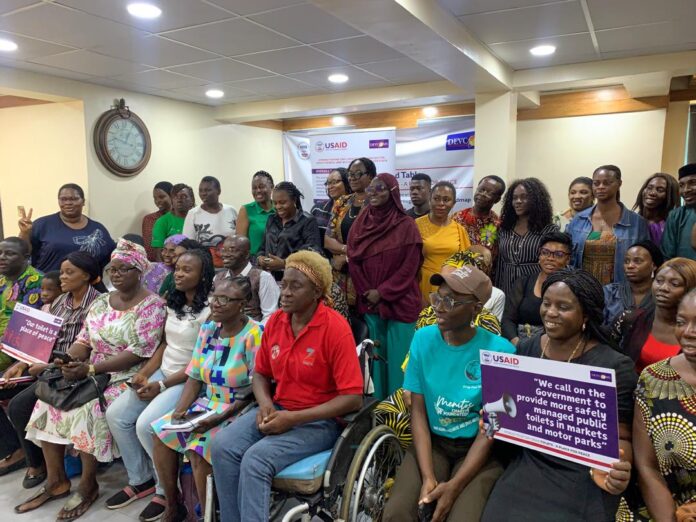Lagos State has launched an ambitious plan to eradicate open defecation by 2030. The plan was unveiled at a media roundtable hosted by Development Communication Network DEVCOMS supported by the United States Agency for International Development (USAID) under LUWASH project to mark the 2024 World Toilet Day.
Representing the Director of Sanitation Services, Ministry of Environment and Water Resources, Ms. Akotipopo-Bamigbade Sesi Ebunola presented the road map for eradicating open defecation in Lagos State.
Stating that approximately 660,000 people in Lagos still practice open defecation, posing risks such as disease outbreaks, water contamination, and increased harassment.
The state government has implemented initiatives like the Lagos Resilience Strategy and the Water Sanitation and Hygiene (WASH) policy to address this issue.
The strategy to end open defecation includes Advocacy and Education, Regulatory Measures, Bridging Infrastructural Gaps, and Monitoring and Enforcement. The state currently has over 1,500 public toilets, but 1,650 units are needed to meet sanitation goals by 2030.
Stakeholders, including Akinlabi Jimoh, Program Director at the Development Communications Network, and Architect Mojibayo Akinjiyan, Executive Director of Life Anchor NGO, emphasized the need for collective action to achieve a cleaner, healthier Lagos. They also called for increased government funding for water and sanitation, citing infrastructure deficits and behavioral challenges as significant barriers.
Other participants, including Ibironke Daniel of Akoka Compassionate Initiative and Yakubu Olawunmi, a community representative, urged the government to enforce sanitation policies effectively and ensure accountability. The roundtable discussion highlighted the critical need for collective action to achieve a cleaner, healthier Lagos and end open defecation by 2030.








